
Dictionary - comprehensive language tool
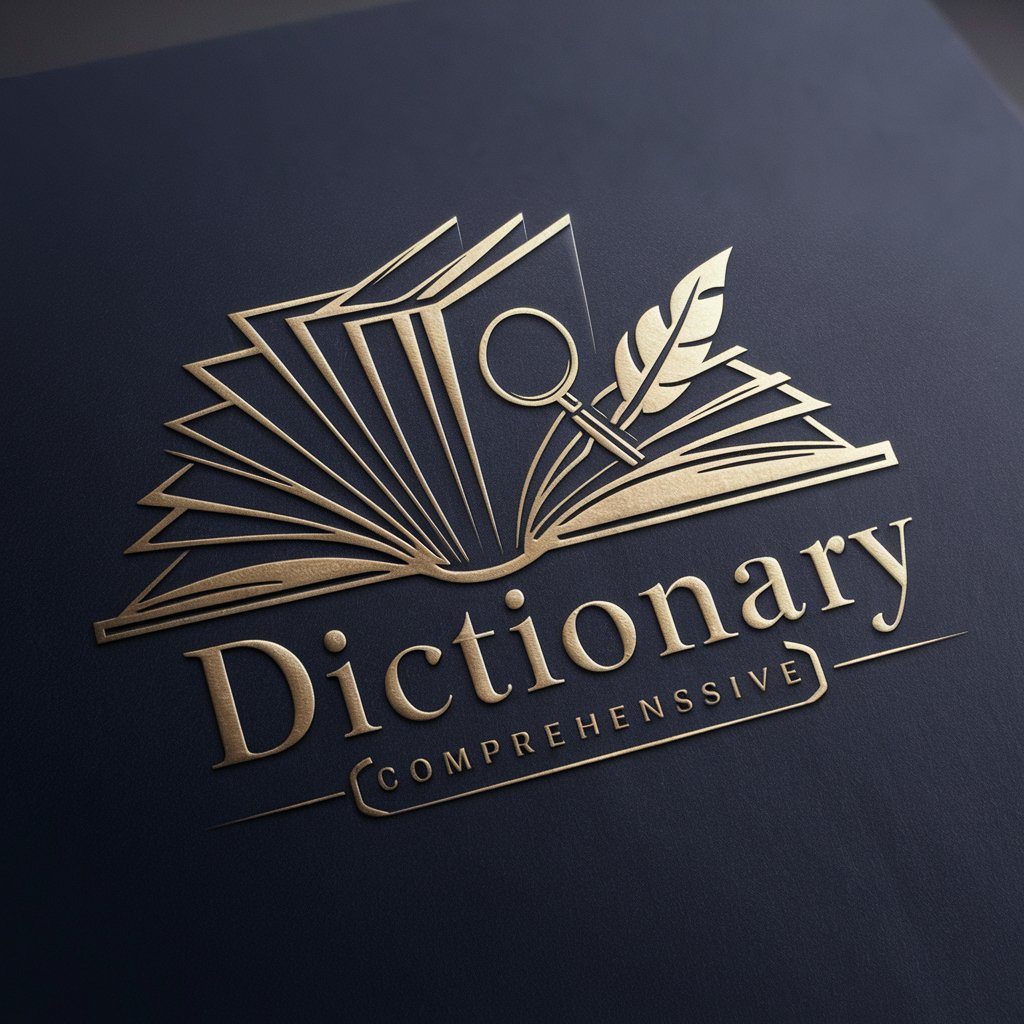
Welcome to Dictionary, your detailed guide to words.
Empower Your Words with AI
Define the word 'innovation' with examples and pronunciation.
What is the meaning and origin of the word 'serendipity'?
Provide a detailed explanation and usage of the word 'ephemeral'.
Can you explain the term 'ubiquitous' with examples and phonetic pronunciation?
Get Embed Code
Overview of Dictionary
Dictionary is designed as a comprehensive linguistic tool that provides detailed definitions of words along with their phonetic pronunciations, etymologies, and extensive usage examples. The primary aim is to enhance users' understanding of a vast range of vocabulary by offering precise, context-rich explanations and demonstrating the word's versatility through multiple grammatical roles. For instance, if a user queries the word 'articulate', Dictionary not only defines it as 'having or showing the ability to speak fluently and coherently' but also provides its pronunciation, explores its Latin origins, and supplies various examples of its use in speech and writing. Powered by ChatGPT-4o。

Core Functions of Dictionary
Word Definition and Pronunciation
Example
The word 'exuberant' is defined as 'filled with or characterized by a lively energy and excitement'. It is pronounced as eks-YOO-buh-runt.
Scenario
A student comes across the word 'exuberant' while reading a novel. To understand the context better, they use Dictionary to get not only the meaning but also the correct pronunciation.
Etymological Background
Example
The word 'democracy' comes from the Greek words 'demos' (people) and 'kratos' (power or rule), meaning 'rule by the people'.
Scenario
During a political science class, a professor uses Dictionary to explain the historical and linguistic origins of the term 'democracy' to students, enhancing their comprehension of the concept.
Detailed Usage Examples
Example
Examples for the word 'meticulous' include its use as an adjective in sentences like 'She was meticulous about her presentation.'
Scenario
A writer looking to diversify their language in a manuscript consults Dictionary to find different ways to incorporate the word 'meticulous' into their writing.
Target User Groups for Dictionary
Students and Academics
Students at all levels of education and academics engage with diverse and complex texts. Dictionary helps them decode challenging vocabulary and understand it in multiple contexts, aiding in their academic research and writing.
Writers and Editors
Writers and editors need to select precise words to effectively convey meaning. Dictionary serves as a tool for exploring word nuances and correct usage, ensuring high-quality writing that is both clear and impactful.
ESL Learners
English as a Second Language (ESL) learners benefit from detailed phonetic pronunciations and examples that help them understand subtle differences between similar words and phrases, thereby improving their language fluency.

How to Use Dictionary
Initial Access
Navigate to yeschat.ai for a complimentary trial without requiring login or a ChatGPT Plus subscription.
Explore Features
Explore the tool's interface to familiarize yourself with the available features, including word look-ups, pronunciation aids, etymology exploration, and usage examples.
Utilize Search
Use the search function to find definitions and comprehensive details about specific words or phrases you are curious about.
Practice Examples
Make use of the extensive example sentences to see how different words are used in context, enhancing your understanding and vocabulary.
Feedback and Support
Provide feedback through the designated user feedback tools on the site to help improve Dictionary's functionality and accuracy.
Try other advanced and practical GPTs
PDF to Markdown
Transform PDFs to Markdown effortlessly
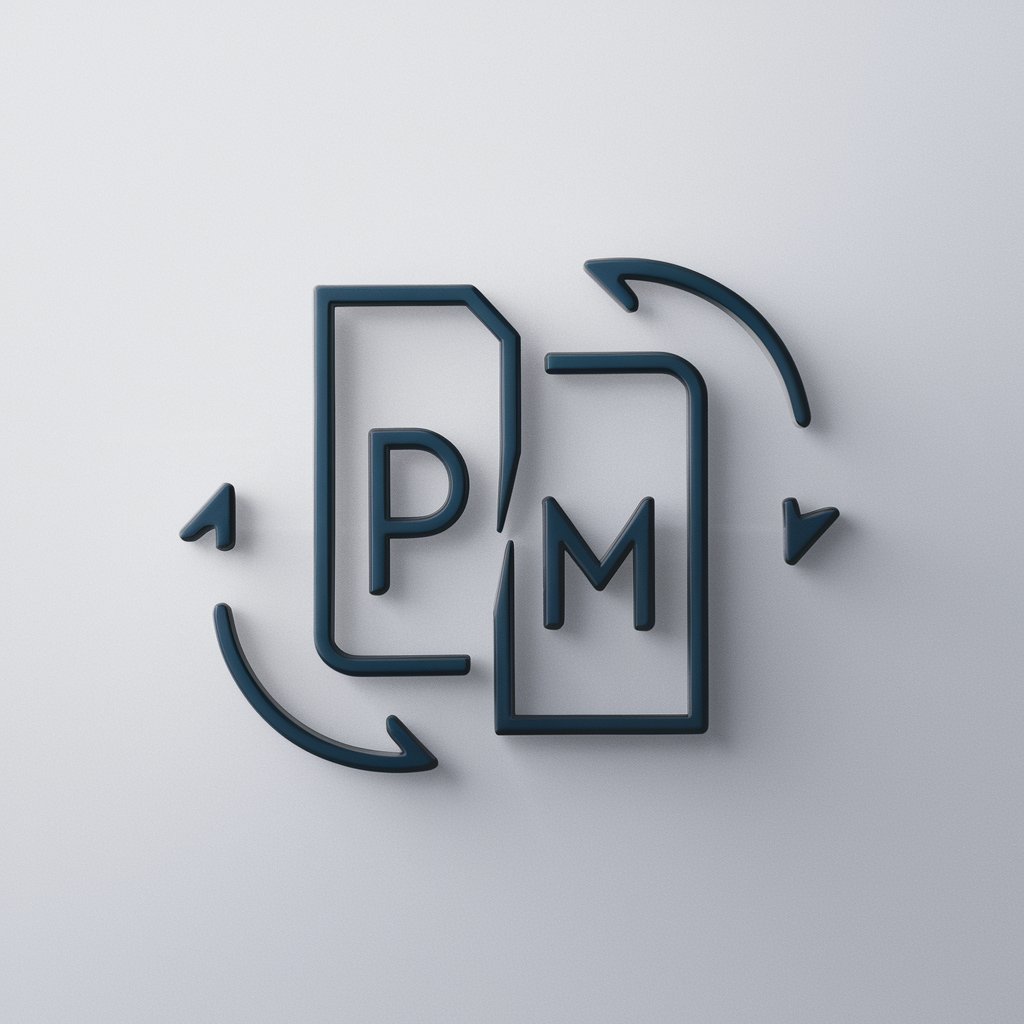
Переводчик с русского на аргентинский испанский
AI-Powered Cultural Translator
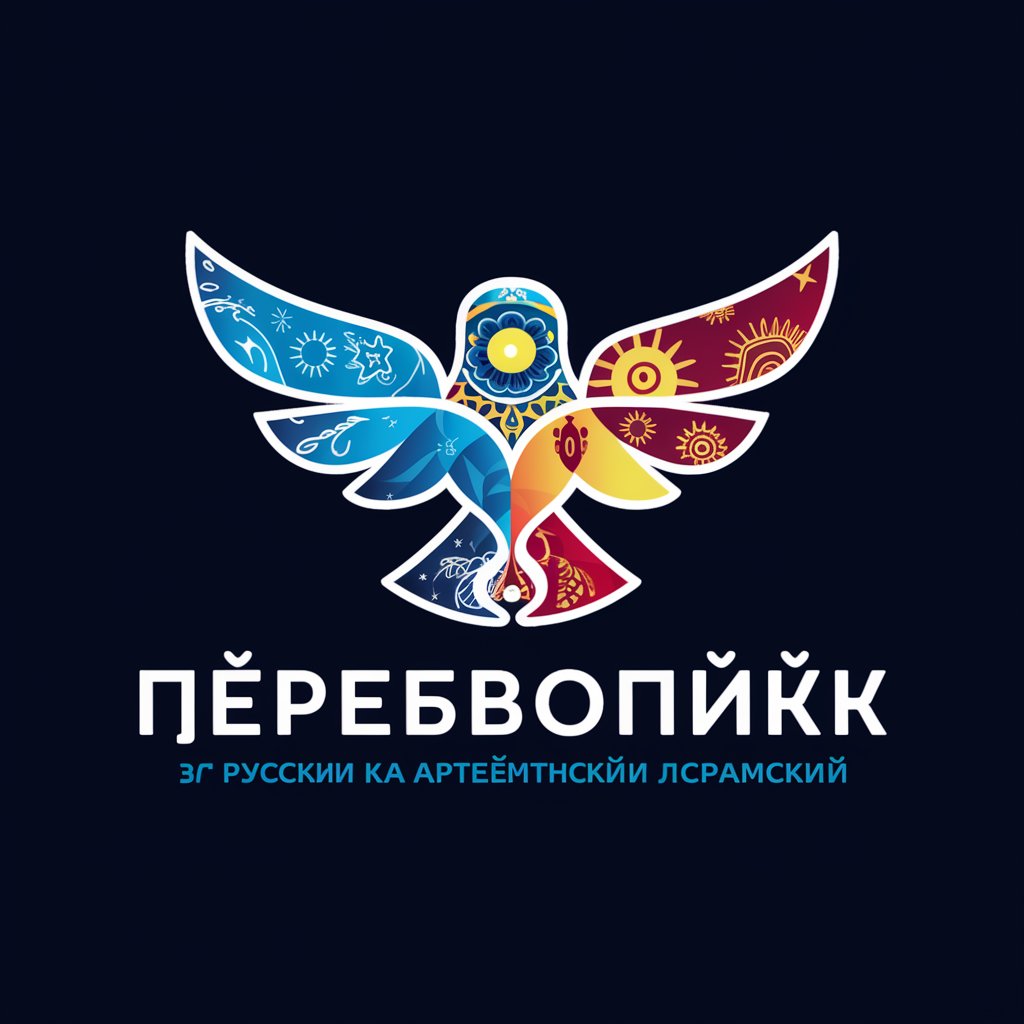
Quantum Physics For Rednecks
Decoding the Cosmos with AI

Cosmos SDK Technical Guide
Unlocking Blockchain Potential with AI
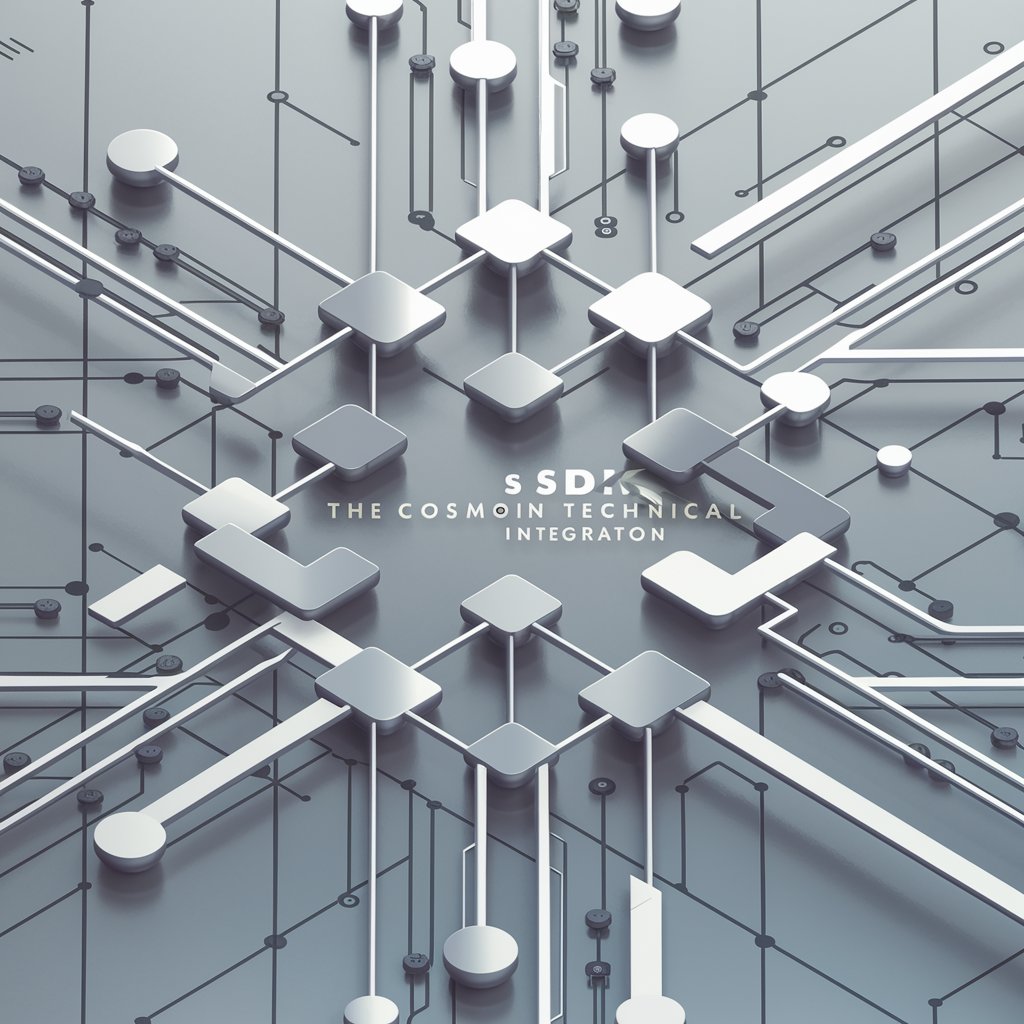
SNS Sticker Maker
Craft Personalized Stickers with AI
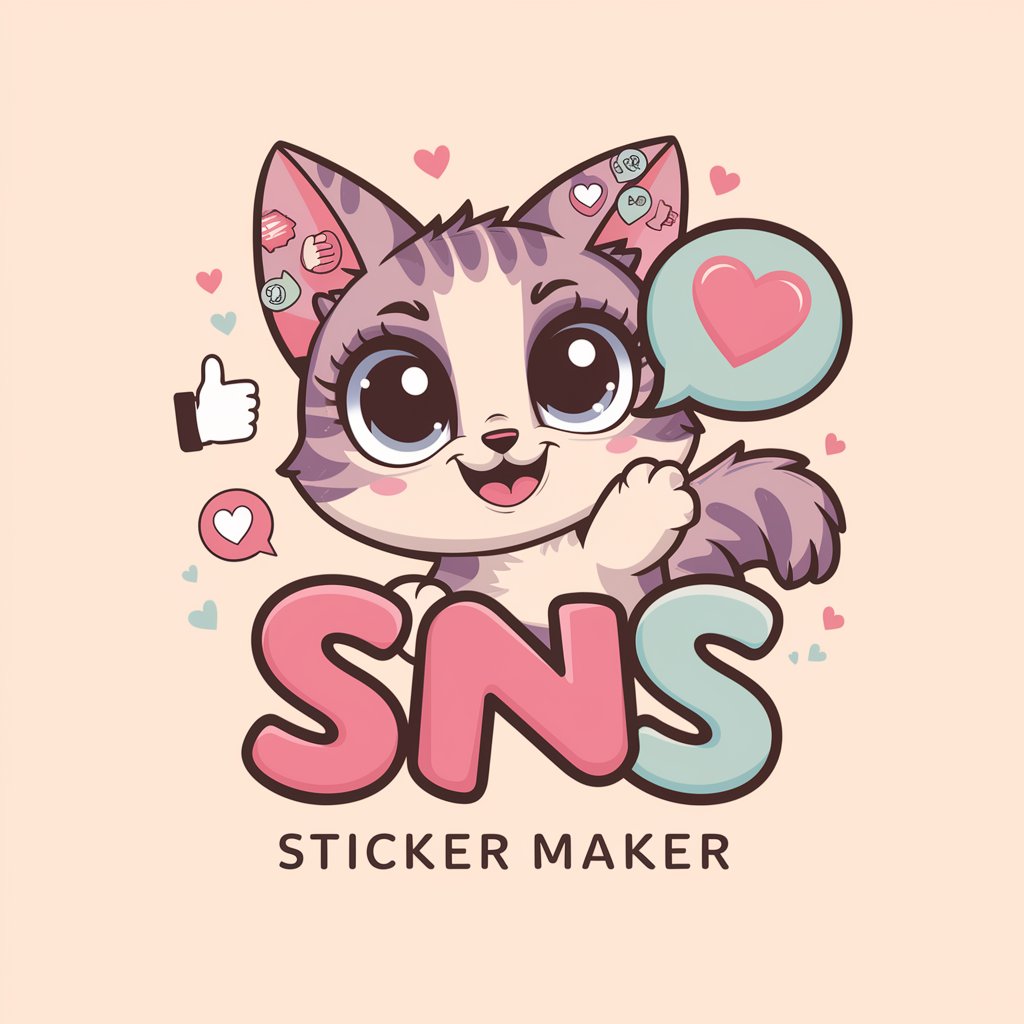
Assessment Methodology
AI-Powered Agency Assessment for Your Industry
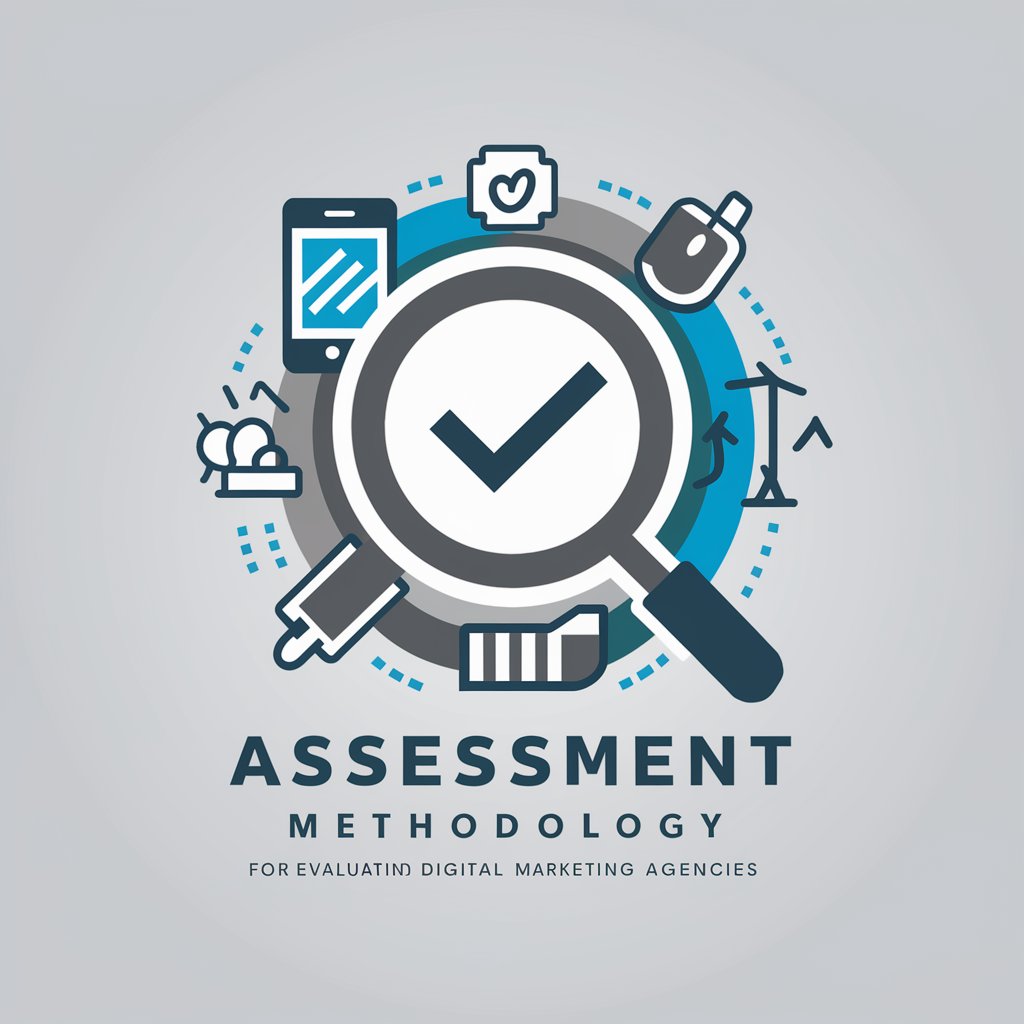
간추린 뉴스봇 ft. 카드뉴스
Condense News Swiftly with AI
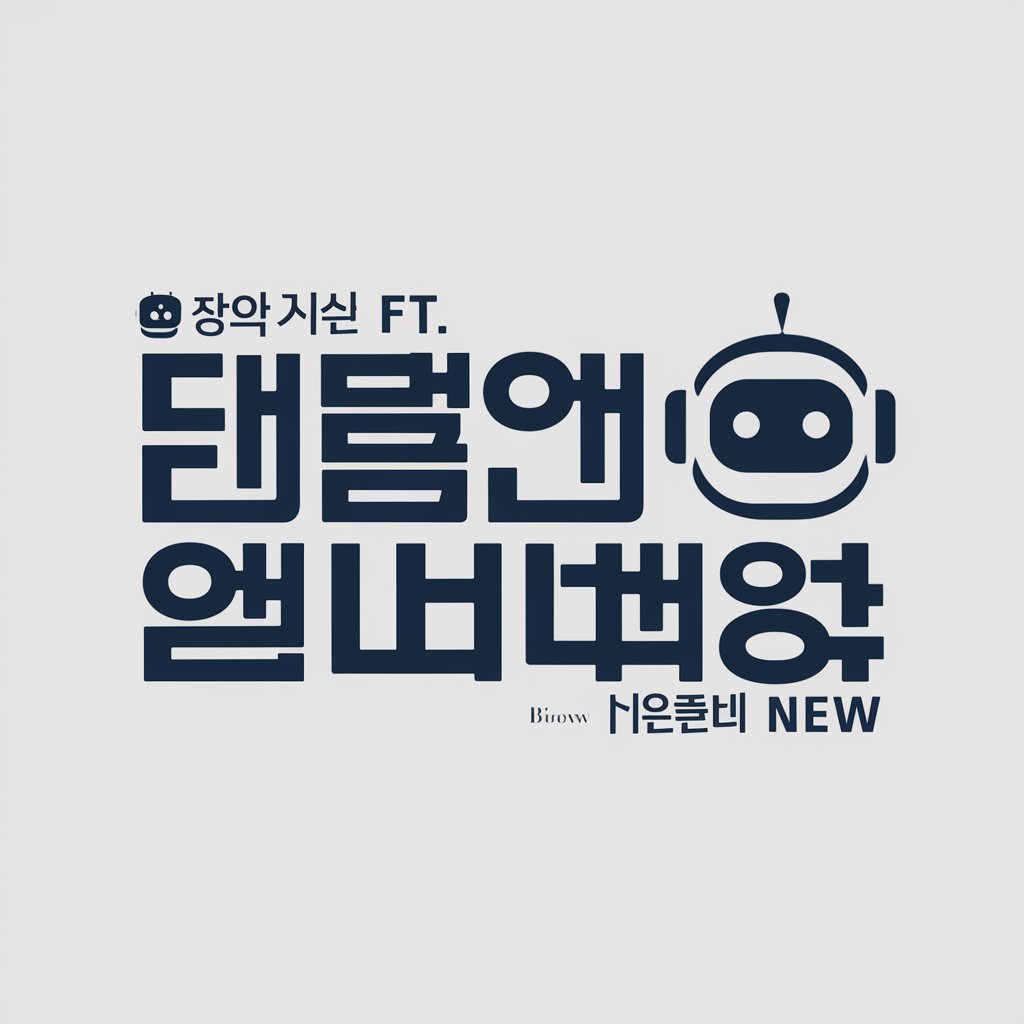
微信公众号标题神器
Crafting Conversational Titles with AI

爆文编写大师
AI-powered Article Generation

ECOS - OSCE - Clinical Skills - Scenario - UNIL
Simulate and evaluate with AI
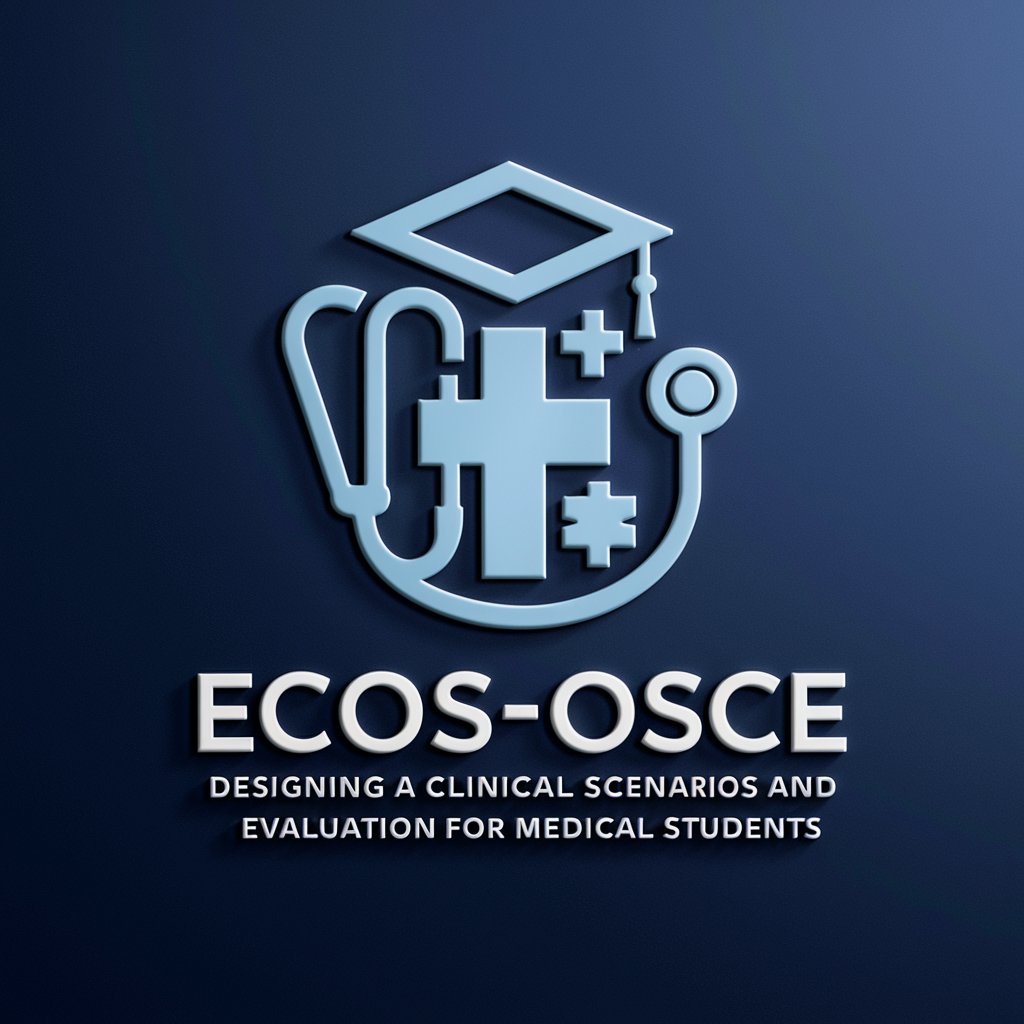
GitHub README
Craft Your Project's First Impression
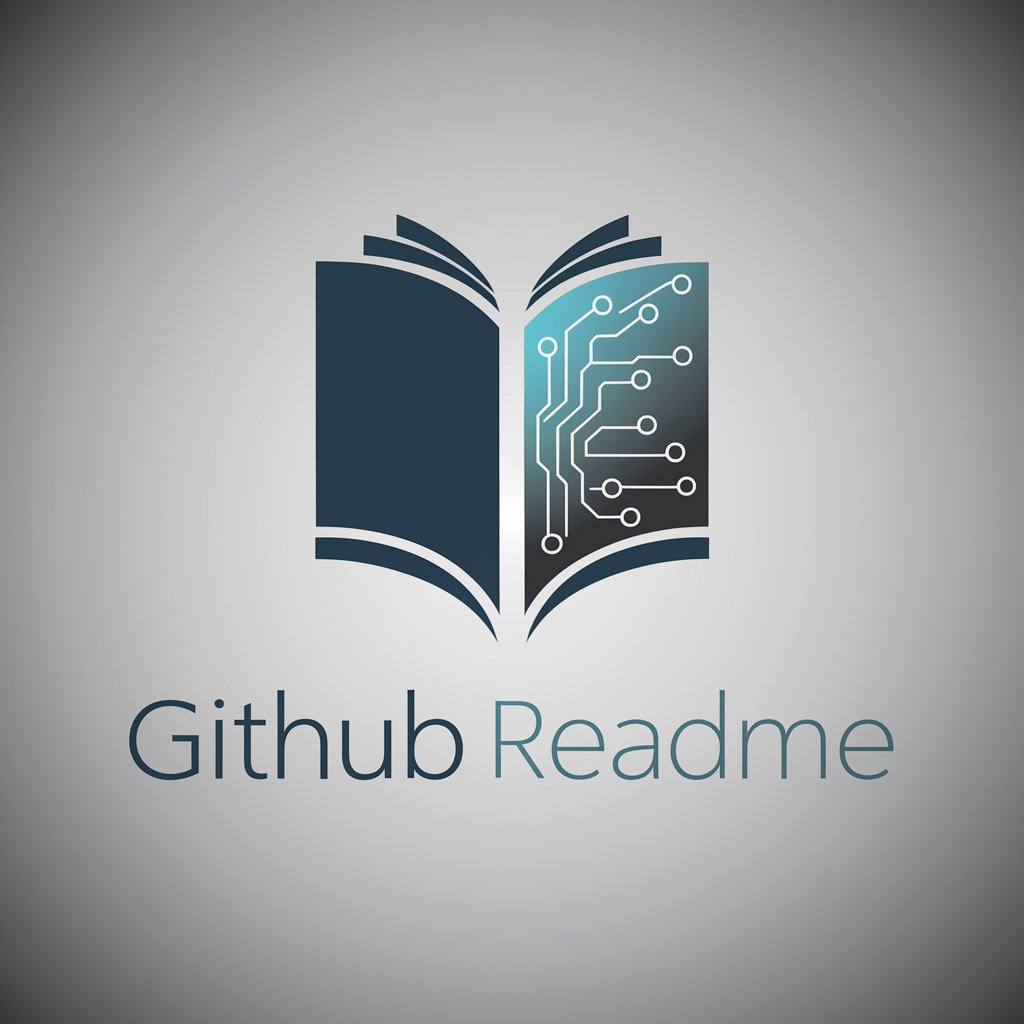
OSCE Patient Simulator
Revolutionizing Medical Training with AI
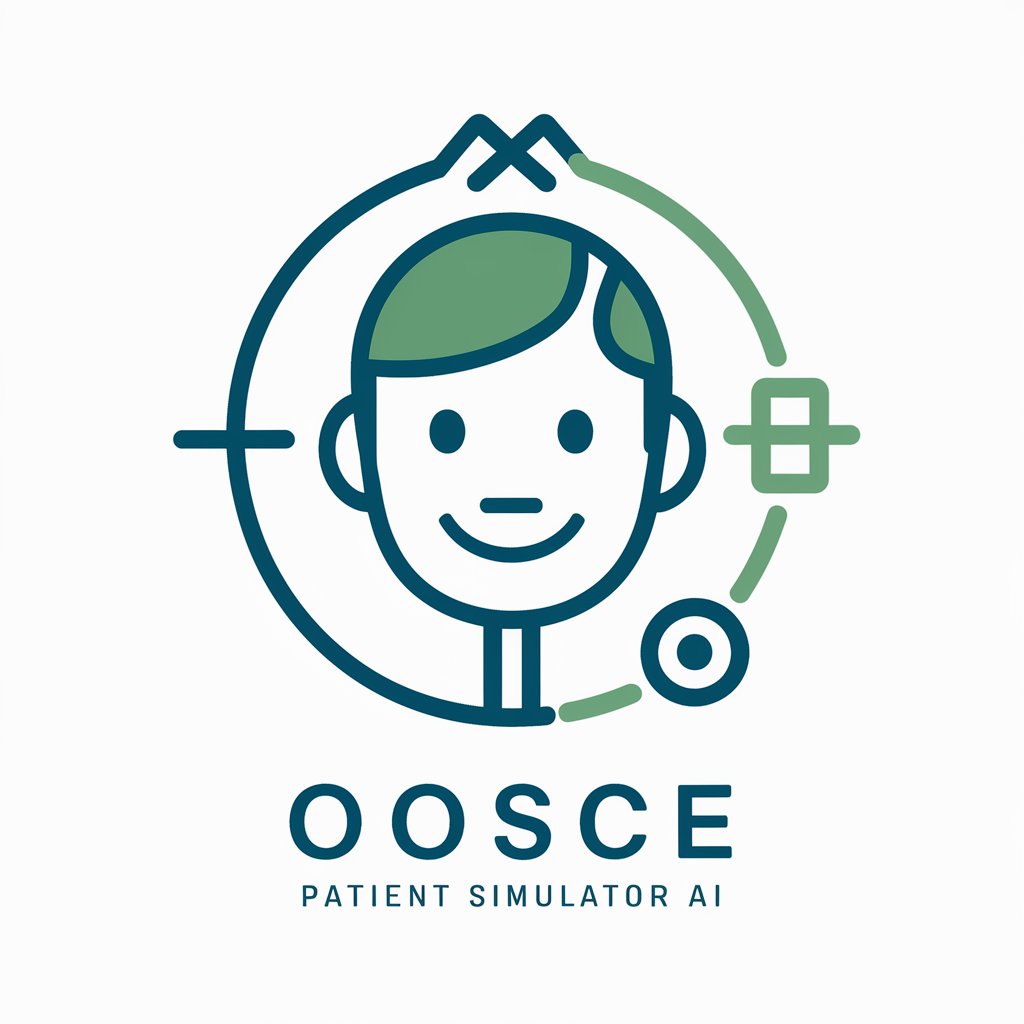
Frequently Asked Questions about Dictionary
What makes Dictionary different from other dictionary tools?
Dictionary is unique in its ability to provide not only definitions but also detailed phonetic pronunciations, etymology, and an extensive array of examples across different grammatical contexts.
Can Dictionary help improve academic writing?
Absolutely, Dictionary provides detailed examples and definitions that can greatly enhance the precision and variety of vocabulary in academic writing.
Is Dictionary suitable for non-native English speakers?
Yes, it is ideal for learners at all levels, offering phonetic pronunciations and usage examples that aid in both comprehension and pronunciation.
Does Dictionary offer synonyms and antonyms?
Dictionary focuses on detailed definitions, etymology, and usage in context. For synonyms and antonyms, users may need to consult additional resources.
How often is the content in Dictionary updated?
Dictionary's content is periodically reviewed and updated to reflect the evolving nature of language and user feedback.